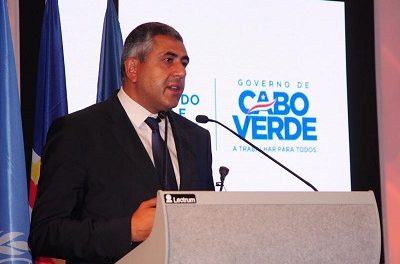
Feedmaster makes meat production easier
 Established in 1983, Feedmaster has managed to secure its position in the country as a leading animal feed manufacturer by producing annual volumes exceeding 115,000 tonnes, according to Feedmaster’s General Manager, Jaco Labuschagne.
Established in 1983, Feedmaster has managed to secure its position in the country as a leading animal feed manufacturer by producing annual volumes exceeding 115,000 tonnes, according to Feedmaster’s General Manager, Jaco Labuschagne.
Feedmaster, based in Windhoek and on the Okapuka Farm midway between the capital and Okahandja, has been in existence for 32 years, with its initial purpose to add value to Namib Mills’ milling by-products to turn these into animal feed. Today Feedmaster is providing its customers with a wide range of scientifically formulated animal feed products, developed especially for domestic conditions.
Initially Feedmaster only had maize chop as strategic raw material available, but with Namib Mills investing in a wheat mill during 1986, the development of a wider range of feed products was enhanced. It markets in the order of 25% of ruminant feeds to farmers in the communal areas.
The Economist caught up with the animal feed manufacturer to see what is transpiring in the industry.
In terms of their product lines, according to Labuschagne, prior to 1997 Feedmaster’s market was predominantly extensive of nature, with the intensive market (mainly layers, pig and dairy) slowly developing since. Now the company markets an extensive range of ruminant product lines which comprise dairy, beef, small stock (sheep and goat) and game feeds.
The ruminant sector forms the larger part of the total annual feed output and this sector remains strategically important to Feedmaster. Feedmaster also produces monogastric product lines which include feed for broilers, commercial layers and pigs.
“We also manufacture feeds for companion animals which include feeds for horses and birds,” says Labuschagne. In 2012, Feedmaster upgraded its feed mill at an estimated cost of N$75 million while the older Feedmaster feed mill was converted into a specialised ruminant feed mill. The existing feed plant has been compliant with ISO 9000 and ISO 22000, since 2007.
Sometime in 2013, to reduce the effects of the drought, Feedmaster introduced an ‘econo drought feed’ to assist farmers with the supply of a complete ruminant feed as a substitute due to a shortage of grazing.
Says Labuschagne, “the current ratio between ruminant and monogastric business is roughly 55:45% with total production volumes for the year expected to exceed 120,000 tonnes. “If the rainfall for the remainder of the season is below normal, we expect that the demand will exceed the manufacturing capacity of Feedmaster” he says. “The drought will affect crop production and we except prices to increase due to the importation of more expensive maize and alternative feed commodities,” he explaines.
“It is important to note that severe drought conditions such as the previous one in 2013 put all feed production facilities in the whole region under strain. Production capacity is not capable or designed to cope with one in twenty year droughts,” Labuschagne adds.
Feedmaster is the only local producer of animal feeds and competes without protection against South African or other SADC feed companies that are interested in exporting feed to Namibia. Says Labuchagne, “Feedmaster has to compete against a large number of South African feed manufacturers.”
“The biggest challenge is to keep up with the latest nutritional science, technology and to produce the most cost-effective animal feed, and also ensure the feed conforms to the requirements of the Namibian climatic and grazing conditions,” he adds.
The quality and safety of animal feed is an important agricultural issue as it has an impact on the quality of the meat and other products produced by farmers. The feed manufacturer has to provide feed that complies with the feed-to-food safety requirements of customers, animals and consumers, as well as all statutory requirements at all times. Feedmaster’s operations and products are regulated by the Animal Feeds and Stock Remedy Act. (Act 36 of 1947). The company obtained ISO 9001:2008 certification in 2007 and ISO22000:2005 certification during 2011.
“Feedmaster fully complies with European Union standards and prides itself on its strong commitment to feed quality, performance and service. As primary objective all the products aim to adding optimal value to the customer,” he says.
Meanwhile like any other company, to plough back to the community, Labuschagne says, “Feedmaster is involved in various activities focusing on social investment and education of the youth and agricultural community.”
Feedmaster employs 84 permanent staff and during the high season, it employs another 25 contract workers.










































